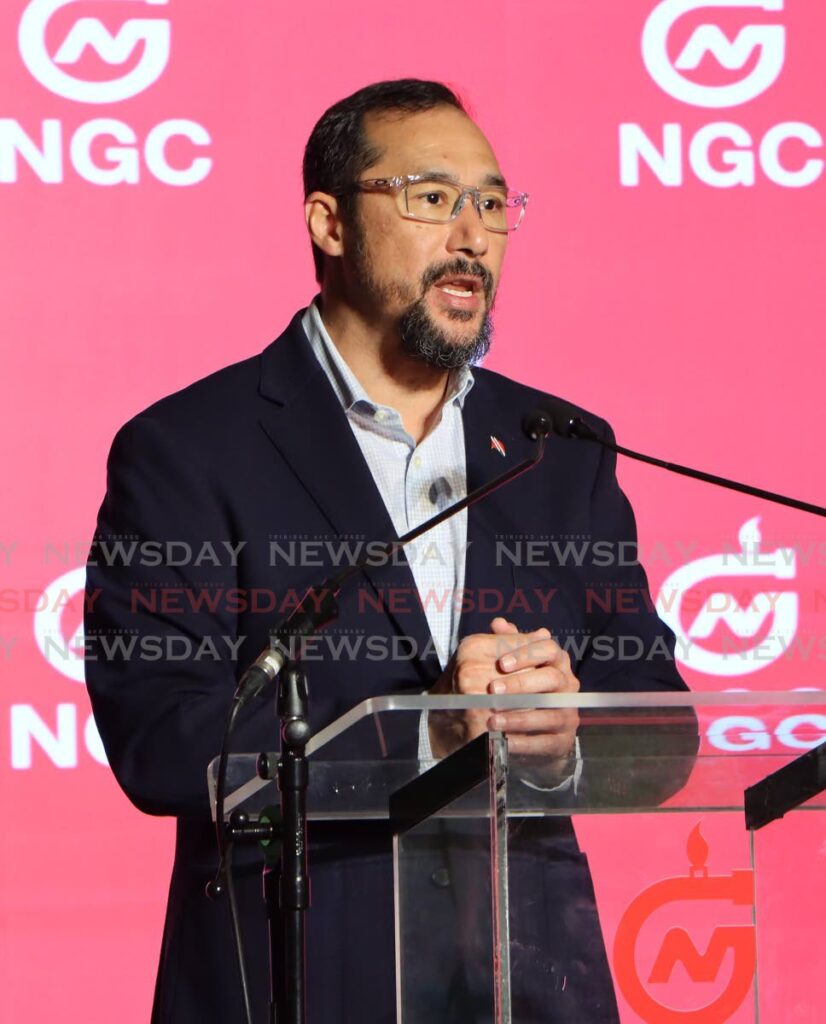Great progress in energy sector

THE EDITOR: I find MP for Pointe-a-Pierre David Lee's recent reproach of the energy sector and Minister Stuart Young to be misjudged and lacking a profound comprehension of the intricacies entwined in overseeing such a vital industry.
While it is imperative to hold government officials accountable for their actions, it is equally crucial to acknowledge the remarkable advancements achieved in recent years.
The energy sector assumes a critical role in propelling economic prosperity and securing energy stability for our nation. Young has persistently toiled to allure foreign investments, advocate for renewable energy endeavours, and enhance infrastructure to augment the sector's efficiency and sustainability.
Lee's assertions that Young has neglected to address issues like corruption and mismanagement are baseless. The Ministry of Energy and Energy Industries has implemented stringent governance measures and transparent protocols to ensure accountability and bar any unethical conduct within the sector.
Moreover, Young has actively involved stakeholders, including industry mavens, environmental factions and local communities, to craft inclusive policies that harmonise economic progress with environmental preservation.
Advocacies for sustainable energy practices and regional collaboration abound. We have steadfastly adopted a far-sighted approach to the gas sector, acknowledging its potential as a transitional fuel and a stepping stone to a carbon-neutral future. Furthermore, we continue to advance our hydrocarbon reserves and explore avenues for energy collaboration with our regional allies.
These initiatives have not only diminished dependence on fossil fuels, but also paved the way for fresh economic prospects.
In 2023, notwithstanding the ascendancy of renewables, fossil fuels persisted as the driving force behind economic expansion, particularly in developing regions. Consequently, fossil fuels maintained an 82 per cent share of total primary energy consumption globally.
Added to that, Lee contends that Young lacks transparency in his dealings with international corporations operating in the energy domain. Yet it is essential to note that Young has been forthcoming about his actions and diligently worked to ensure that all agreements are equitable and advantageous for the nation.
The English-speaking Caribbean, barring TT, Suriname and more recently Guyana, has wrestled with the incessant plight of energy security. Endowed with abundant renewable and non-renewable energy resources, the Caribbean is aptly positioned to satiate its populace's needs.
Oil and gas have reigned as the predominant primary energy reservoirs, and with the recent momentous discoveries in Guyana and Suriname, this domination is slated to persist for the foreseeable future. This realisation necessitates a swifter utilisation of these resources for our populaces' benefit. Energy collaboration must transcend mere diplomatic overtures of intent. An example of such collaboration is Petro Caribe, the regional oil procurement pact between Venezuela and Caribbean member states.
In essence, it is palpable that Lee's denunciations of Young are misguided and fail to acknowledge the constructive influence he exerts on TT's energy sector. By refuting these groundless allegations and spotlighting these assiduous efforts, it becomes apparent that Young is adeptly devoted to catalysing growth and innovation in this pivotal industry.
Though challenges may besiege the energy sector, it is essential to applaud Young's endeavours to redress these issues. Through his unwavering commitment and strategic initiatives, he has erected a robust groundwork for sustained success in this regard.
ANCILLA KIRBY-SCOTT
via e-mail

Comments
"Great progress in energy sector"